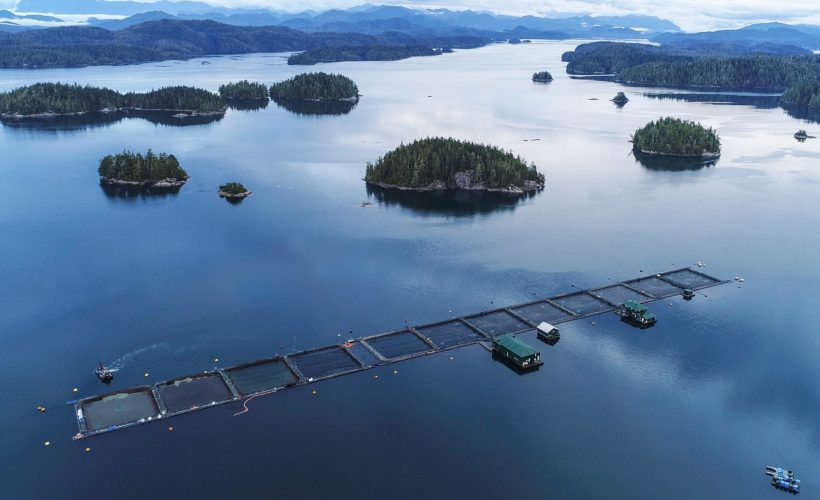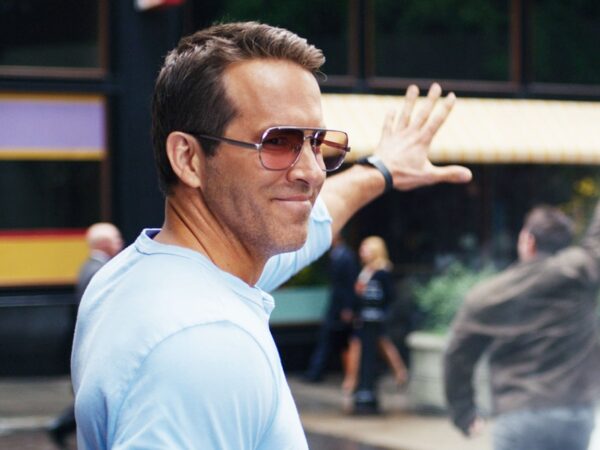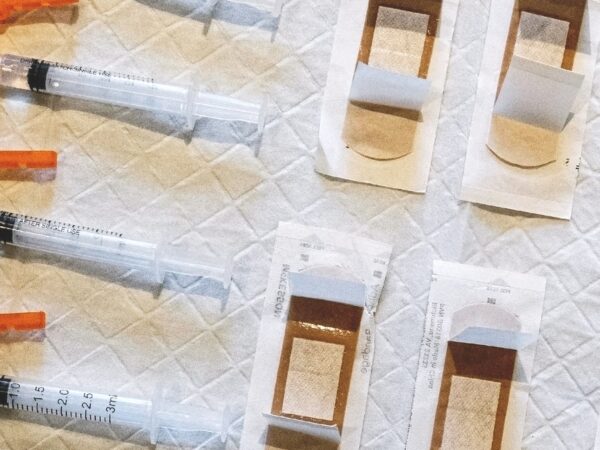Paul Nicklen first shot open-water salmon farms in 2001, while on assignment for National Geographic. When he began, the journalist knew little about the intricacies of fish farming, so for the next two years he traveled the world exploring fish farms, diving in the nets day and night, photographing the farmers and their product. Yet, when Nicklen saw the farmed salmon covered in diseases and deformations—and learned that those afflictions are depleting the wild salmon ecosystems—what began as an assignment showing the benefits of farming fish turned into a passion for exposing the disturbing realities of the practice. Nicklen co-founded a nonprofit photography alliance called Sea Legacy, which fights for a number of ocean environmental issues, including the salvation of wild fish populations.
These days Sea Legacy and nonprofit organizations like it have to be careful navigating the tumultuous waters of British Columbia. Salmon farms no longer welcome photographers like Nicklen into their nets like they used to, and he’s not surprised. “To go from 15 years ago when I was just invited to dive inside the pens day and night, to now be served trespassing infractions when we weren’t even on the farm,” Nicklen says. “The things I saw in those farms—I was horrified.”
One way to shoot the fish farms is via drones, like Nicklen did in the photo above. The laws surrounding the practice are simple in British Columbia: get a certification for your drone, don’t fly over 400 feet above the ground, and don’t fly over any humans or infrastructure. “We’re very careful about where we fly our drones,” says Nicklen, who has also taken aerial shots of salmon farms from helicopters. “The last thing we would want is for a drone to fall out of the sky and hit someone.”
The British Columbia government just opted to renew farming tenures for Pacific fish farms. Nicklen’s Sea Legacy co-founder, Cristina Mittermeier, understands that the government’s decisions may be based on economic realities. “There are a lot of people whose jobs depend on these farms,” she says. But she also says that up and down the British Columbia coast, she has heard from wild salmon fishers that diseases from the fish farms have depleted their waters.
She’s concerned that once the wild population is lost, the entire ecosystem—including the humans who depend on the salmon—will collapse. Sea Legacy’s goal is to move the farms from open water to land, thus allowing the farms to continue producing without impacting the oceanic wildlife that makes British Columbia a tourist destination.
Despite the government’s recent decision, though, the Nicklen and Mittermeier are hopeful. “We want to keep elevating the issue,” Nicklen says. “We have to continue to work with the research and science. You can’t just be a radical environmentalist waving your tie-dye t-shirt around—you have to be founded on concrete science.”
More Great WIRED Stories
- An astronomer explains black holes at 5 levels of difficulty
- How to see everything your apps are allowed to do
- Primo meal-prep gear for the campsite gourmet
- PHOTO ESSAY: America through the lens of an immigrant
- How the startup mentality failed kids in San Francisco
- Looking for more? Sign up for our daily newsletter and never miss our latest and greatest stories
Source:WIRED











